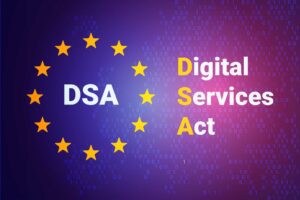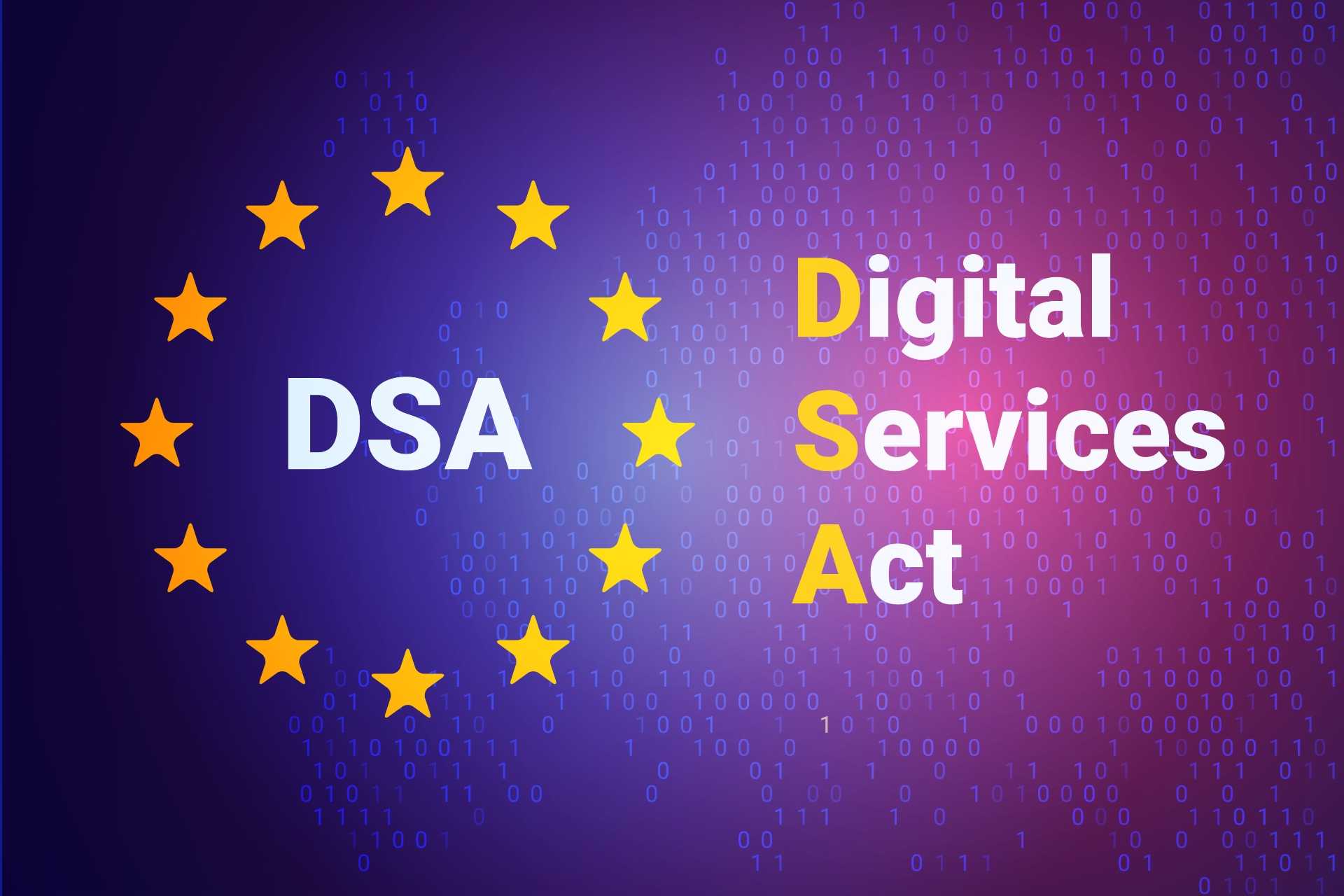From paper to digital: what is an IT document?
The dematerialization of paper documents and the digitization of signature processes have made workflows faster and more efficient with a consequent saving of time and money.
In fact, the transition from paper to digital documents guarantees greater security and traceability of data, and allows for easy and immediate sharing of information. It also reduces the risk of usury, errors and loss. Finally, it allows to manage large volumes of operations and simplifies archiving. Moreover, since in Italy electronic invoicing is mandatory, requires replacing traditional media with electronic documents is inevitable.
What is a digital document? The Italian Digital Administration Code (CAD, Legislative Decree 82/2005) defines the IT document as a “computer representation of legally relevant deeds, facts or data”.
Another definition is that of the elDAS Regulation (910/2014), or the European Regulation for electronic Identification and trust services for electronic transactions in the internal market. It describes an IT document as “any content stored in electronic form, in particular text or sound, visual or audiovisual recording”.
The 3 different types of electronic signature: SES, AES and QES
The elDAS Regulation states the non-discrimination of electronic documents compared to paper documents. Furthermore, it distinguishes 3 types of electronic signature:
- Simple Electronic Signature (SES)
The simple electronic signature is the most common type of signature. But it is also weak, since it does not require the use of tools that guarantee the authenticity and integrity of the signed document. Furthermore, only a judge can determine the probative value of the document on which the simple electronic signature is affixed. The elDAS Regulation describes it as a set of “data in electronic form which is attached to or logically associated with other data in electronic form and which is used by the signatory to sign”. An example of an SES is the sending of an ordinary e-mail message. - Advanced Electronic Signature (AdES)
The advanced electronic signature is more secure than the SES and must meet the following requirements. It:- refers only to the signatory;
- is suitable for identifying the signatory;
- is created from data that the signatory can use under his own exclusive control, with high levels of security;
- is linked to the data in order to allow the identification of any their subsequent modification.
An example of AES is the so-called graphometric signature through tablet and electronic stylus.
- Qualified Electronic Signature (QES)
It is a particular type of AES which must meet the following additional attributes. It:- is created on a device suitable for the creation of an electronic signature;
- is based on a qualified electronic certificate;
- has the same legal value as a handwritten signature.
Tools for the signature process
The adoption of digital technologies implies the use of tools that allow electronic signature and ensure the reliability of the IT document.
Depending on the 3 different types of electronic signature, the elDAS Regulation and the Italian Digital Administration Code state that:
- The simple electronic signature requires a PIN code or a username and password combination;
- For the advanced electronic signature, the European legislation follows the principle of technological neutrality. It does not identify specific formats, but only technical reference standards for the various signature subcategories. A popular type of AES is the graphometric signature (or handwritten biometric signature). It consists of a signature through a particular tablet and a special stylus (pen drive) which stores some biometric characteristics of the signer: writing speed, signature pressure, acceleration of movement;
- The qualified electronic signature requires a kit that includes a physical medium, such as a business key or a smart card with a special reader, which contains the signature certificates. The same applies to the digital signature, a type of qualified electronic signature available only in Italy and regulated by the Italian CAD. Only certification bodies accredited by the Agency for Digital Italy (AgID) can issue the kit. However, business owners can also contact the local Chamber of Commerce.
Namirial‘s solutions for managing the signature process
The Agency for Digital Italy (AgID) specifies that in order to have a digital signature device, it is necessary to contact accredited trust service providers. These are public or private entities that, under the supervision of AgID, issue qualified certificates (for digital signature) and authentication certificates (for national service cards).
Namirial is one of the active trust service providers in Italy and offers various solutions for the management of signature processes:
- USB Smart Card Reader MiniLector EVO
It optimizes digital signature operations and authentication through digital certificates (strong authentication). Namirial’s USB Smart Card reader is a Plug & Play device compatible with CCID standards, therefore there is no need to install drivers. In addition, it is compatible with ISO-7816 and EMV (level 1) standards and is capable of supporting Common Criteria and FIPS certified smart cards.
Supported Operating Systems: Win 2000 | Win XP | Win 7 | Win 8 | Win 8.1 | Win 10 | Windows Server 2003 | Windows Server 2008 | Windows Server CE 5.0 | Mac OS X | Linux | Android ™ 3.1 and higher (compatible with 32 and 64 bits systems) “.
The cost is € 20.00 + VAT;
- CNS Simcard for USB Token:
the Simcard CNS (Carta Nazionale dei Servizi) allows to sign digital documents with legal value and to securely access the services of the Italian Public Administration (INPS, Territory Authorities, Income Revenue Authority, INAIL, Equitalia). It is ideal for those who already own a USB reader and want to buy the CNS Simcard only.
The cost is € 49.00 + VAT;
- CNS Smart Card:
the Smart Card is the size of a common credit card with microchip. It allows to sign digital documents and access websites securely. In order to use it, the computer must have a Smart Card reader.
The cost is € 49.00 + VAT;
- Smart Card Kit – CNS + Reader (with Digital Signature and Italian CNS certificates):
it is the practical and reliable solution for those who wish to use the digital signature always from the same computer.
The cost is € 64.00 + VAT;
- Token Sim Card-CNS 2 GB:
the Token Sim Card with Digital Signature and the Italian CNS certificate is a compact, practical to use and portable device. It can be installed on laptops or PCs and allows to digitally sign and access to the online services of the Italian Public Administration (INPS, Income Revenue Authority, Equitalia, Health Records, etc).
The cost is € 64.00 + VAT;
- 2 GB USB Token:
is the FirmaCerta Token for Simcard-sized cards with pre-installed signature software and 2GB of memory. The device requires a Simcard to work.
The cost is € 20.00 + VAT;
- Graphometric Signature Kit:
It includes the Xyzmo by Namirial NT5010 tablet, the GraphoSign graphometric signature software and the encryption technical certificate (medium). The GraphoSign Software license requires the payment of an annual fee.
The costs is € 275 + VAT;
- FirmaCerta Software + Template Management:
The FirmaCerta Client software is developed by Namirial S.p.A. and allows you to affix and verify one or more digital signatures and timestamps on any type of file. It also allows you to manage the PIN change and unlocking functions of the Digital Signature Device.
The software complies with Resolution No. 45 of 21 May 2009 by the Italian CNIPA, National Center for Information Technology in the Public Administration.
The FirmaCerta Software license requires the payment of an annual fee.
The cost is 120 € + VAT;
- XYZMON tablet by Namirial NT5010:
Namirial S.p.A. has chosen and certified this hardware for the correct acquisition of biometric data. The NT5010 signature pad features a high-resolution, high-quality 5″ color LCD screen with plenty of room for signatures and promotional messages. It offers an extremely comfortable signature experience thanks to the optimized, flat surface with a slim and discreet design.
The cost is € 155 + VAT.








